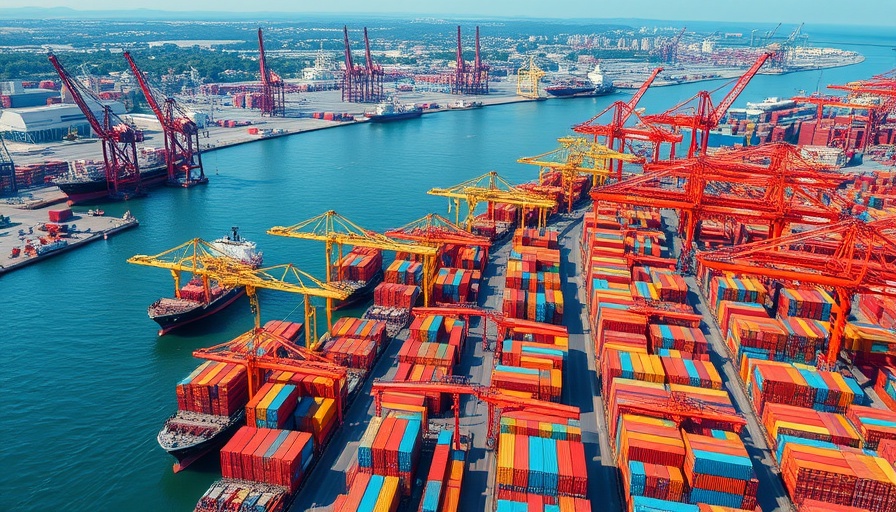
Understanding the Vulnerability of Caribbean Economies
The Caribbean region, with its beauty and culture, faces serious economic challenges tied to its reliance on tourism. Ian Durant, acting Vice President of Corporate Services at the Caribbean Development Bank (CDB), has raised alarms about the severe exposure of Caribbean economies to global economic shocks due to limited export diversity. At a recent risk conference, Durant highlighted that in five member countries, tourism accounts for over 50% of foreign exchange earnings, putting these nations at significant risk during global economic downturns.
The Risks of Overdependence on Tourism
Tourism’s nature to fluctuate with global conditions means that during recessions, its demand can plummet more drastically than that of other sectors, affecting economies that lack a range of revenue streams. "Our countries are small, open economies with no reserve currencies," Durant noted, emphasizing that this makes the region particularly vulnerable. This lack of diversification could lead to cascading economic failures impacting local communities.
Strategies for Recovery and Resilience
To combat this vulnerability, Durant argues for improved regional competitiveness, essential for achieving export diversity. He advocates initiatives like the CARICOM “25 by 25 plus 5,” which strives to cut food imports by 25% while nurturing new export opportunities. Success will depend on enhancing agricultural services and infrastructure to create a more resilient economic landscape.
Building a Stronger Caribbean Economy
Fostering such growth requires comprehensive ecosystem improvements, including modern infrastructure for transportation and logistics, enhanced access to financial support for small businesses, and streamlined regulatory policies. By strategically addressing these areas, the Caribbean can better position itself to withstand global challenges, ensuring a more sustainable future.
By understanding and mitigating these risks, Caribbean nations can transform their economies into diversified entities capable of fostering resilience and growth, protecting their unique cultures and communities from economic uncertainty.
 Add Row
Add Row  Add
Add 




Write A Comment